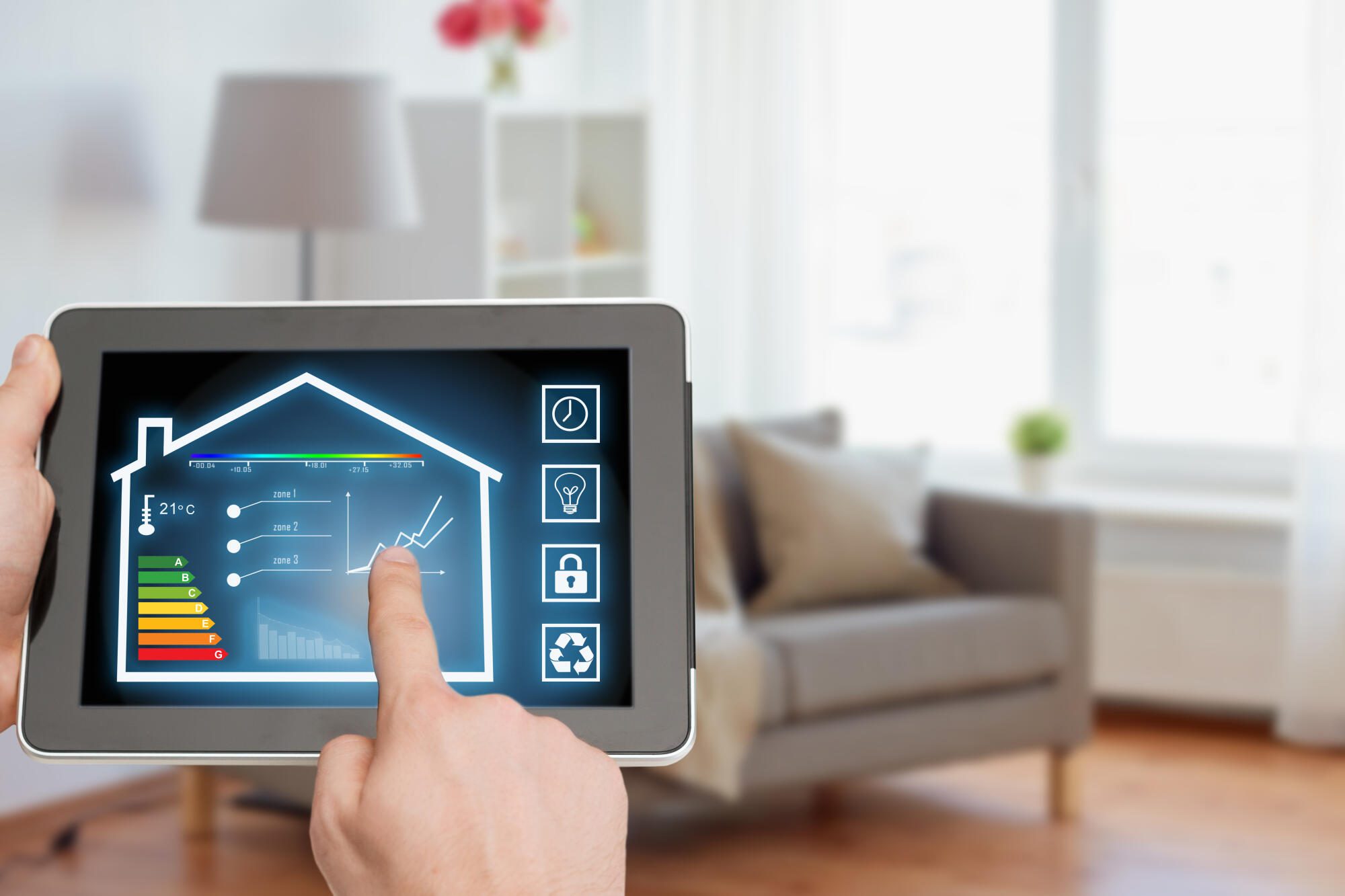Do you often feel colder inside your Coralville, IA, home than your other household members? Does this result in minor arguments about the HVAC’s thermostat settings?
If you answered yes to one or both questions, you may have wondered why that’s the case. According to science, this can either be psychological or physiological.
Either way, you must address such issues ASAP, as they can lead to discomfort, even health issues.
Zoned heating (and cooling) provides a way to do just that. With HVAC zoning, you can set a room to heat or cool to your desired temperature. Your family can do the same with other zones without affecting the settings of the rest.
To top it off, winter zoning systems can also help control and even minimize heating costs!
We’ll discuss all these benefits of multi-zone heating systems in more detail below, so read on.
How Zoned Heating Works
Zoned heating involves dividing your home into two or more zones. For example, zone 1 can be the living room, zone 2 can be the primary bedroom, and so on.
Once you’ve decided on the zones, the next step is to install a thermostat in each. This allows you to control the temperature settings in each zone. While the thermostats work individually, they connect to one central control panel.
You then need to get HVAC zoning dampers installed in your ductwork. These are plates or valves that help regulate airflow within ducts.
If you don’t have existing ducts, don’t worry; you can get a multi-zone, ductless, mini-split HVAC system.
Zoning dampers open to let conditioned air out and then close to restrict airflow. So, if you want warmer air to go to zone 1, you’ll raise the temperature on this zone’s thermostat. This opens the dampers, letting warmer air blow into this specific zone.
Changing the settings on one zone won’t affect those in other areas. This allows zone 1 to be warmer while the rest of the zones maintain their pre-set temperatures.
HVAC Zoning for Energy Efficiency
Suppose you currently have a single central thermostat serving your whole home. Whenever you feel too cold, you’ll likely raise its temperature setting. However, this changes the temperature throughout the house since you only have one thermostat.
That takes a lot of time and energy, especially if you have a large home with multiple floors.
The more energy your HVAC system uses, the higher your energy bills. Plus, you’d have to sit in discomfort while waiting for your home to feel warmer.
With zoned heating, you can change the temperature only in the zone you’re staying in.
Since a zone is only a portion of your home, your HVAC system will take less time to heat it to your desired temperature. As a result, it’ll also use less energy, saving you money.
More Savings With Ductless Systems
Opting for a ductless, mini-split system may save even more energy and money. This is especially true if you invest in a mini-split heat pump. These systems typically allow you to create up to five zones.
Here’s how a mini-split heat pump system can help you save on heating (and cooling) costs.
Avoid Energy Losses Associated With Duct Leaks
According to energy experts, ducts can lose up to 40% of conditioned air. In many cases, this problem is due to leaks in the ductwork and poor installation.
So, by going ductless, you won’t have to deal with duct leaks.
Also, installing or replacing ducts costs a lot of money. So, if you’d rather avoid this expense, you may want to install or replace your old, faulty heater with a ductless, mini-split system.
Better Energy Efficiency
Despite what their name implies, heat pumps aren’t only for heating; they can also cool your home. They do this by transferring rather than producing heat energy. For example, air-source heat pumps absorb heat from the outside air and move it into your home.
Since heat pumps don’t have to generate heat, they are less energy-intensive than traditional HVAC systems. They can reduce energy consumption by 65% to 80%. So, they can help you save a lot on keeping your home comfortable year-round.
Heat pumps are available in both ducted and ductless systems.
If you have existing air ducts in good condition, consider switching to a ducted mini-split heat pump. If you don’t, that’s all the more reason to go for the ductless version. This way, you can enjoy the benefits of both a ductless and a heat pump system.
Is a Zoned HVAC System Right for You?
Now that you know how HVAC zoning can help heat your home efficiently, let’s now discuss when getting it makes the most sense.
Zoned HVAC systems can be a stellar solution to a large home’s indoor comfort needs. So, you may find zoning an ideal option if you have a massive house with various heating requirements.
Likewise, you could benefit from HVAC zoning if your house has multiple floors. This is especially true if the upper floors typically feel hotter than the lower ones. With a zoned system, you can address these “hotspots” without making the rest of your home feel too cold.
It also makes sense to invest in zoned heating if your home has high ceilings. That’s because the higher your ceilings are, the higher the warm air from your HVAC system can go. As a result, the area closer to the ground may feel colder, leaving you shivering.
With a zoned system, you can increase the temperature only in the room (or rooms) with really high ceilings. This allows the heat to circulate more effectively throughout these zones. It helps reduce cold spots without affecting the other zones and making them too warm.
Get an Assessment for HVAC Zoning Today
Zoned heating can make your home more comfortable without making your energy bills skyrocket. It may even help minimize your heating and cooling bills!
That should be enough reason to consider investing in HVAC zoning.
Our team of HVAC experts here at Absolute Comfort Heating and Air Conditioning can help. We’ve been providing top-notch services in Coralville, IA, since 2006. We’ll use our 15+ years of experience to assess and help you determine if zoning makes sense for your home.
So, call us today! We’ll gladly provide you with a free estimate.





